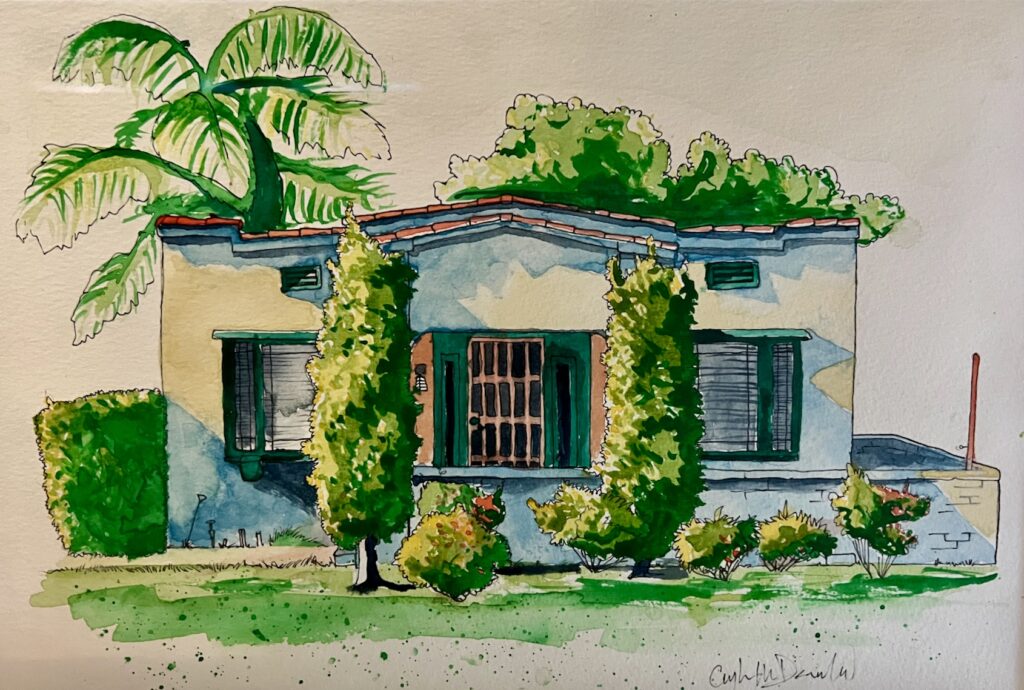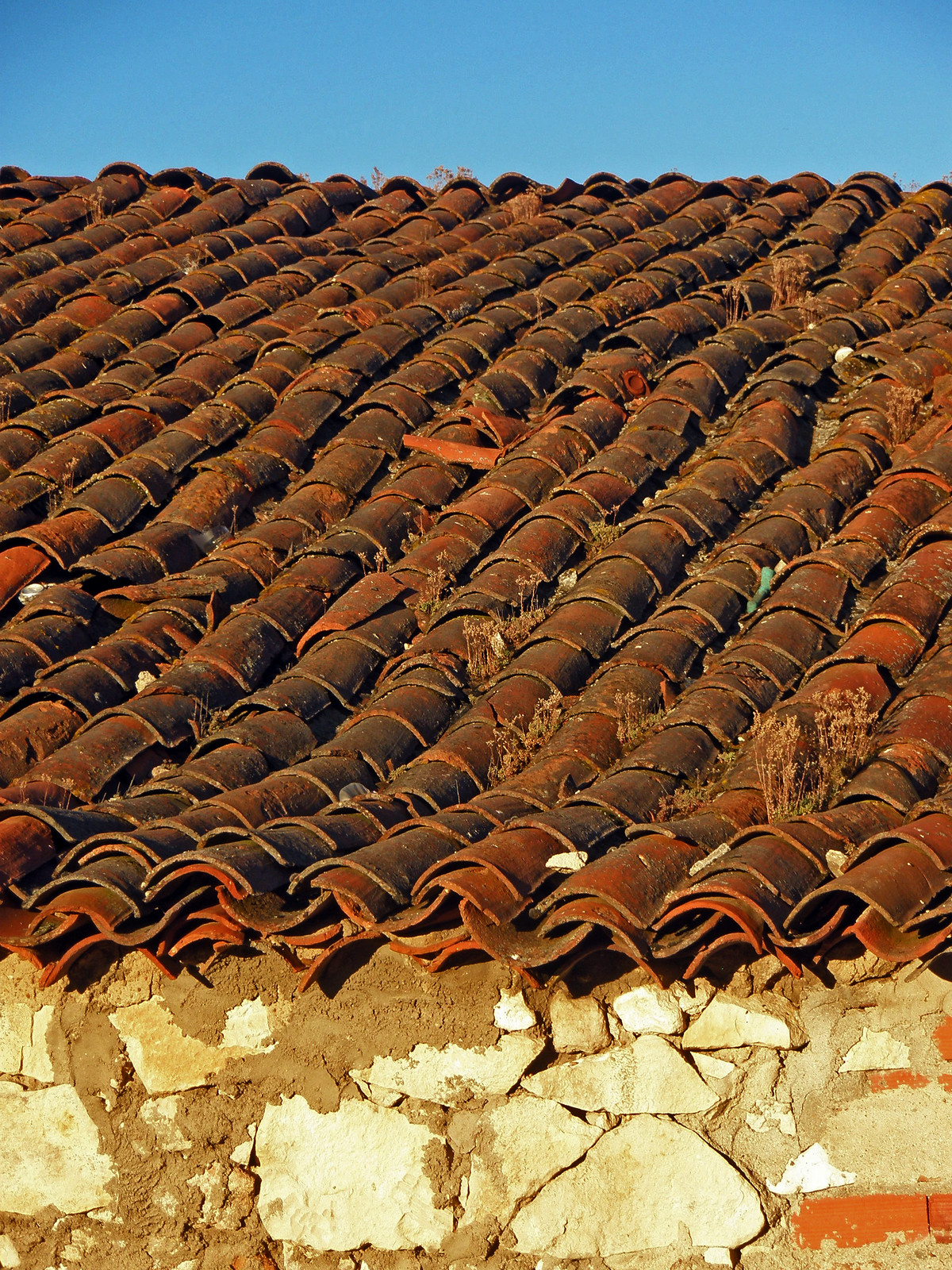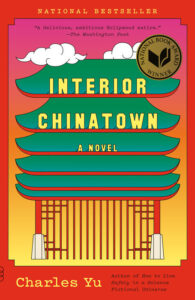By SEAN BERNARD
Living with Ricky is fine. The things you accept—they’re small things. Like the way he kicks off his shoes in the hallway at the end of the workday, leaving them there for you to nearly break your ankle on when you have to pee in the middle of the night. He has a point: if you know you’re going to trip on them, why don’t you just move them? Or also how he’ll fall asleep after work on Fridays—you both get off at five, but he always gets home first and somehow has time to be on his third Corona when you walk into the apartment, and he’s sitting in the yellow beanbag chair, half-asleep with an Angels game on, remote tucked safely under his leg. He’s happy to wake up early Saturday morning after you’ve talked the night before about sleeping in together, the weekend being the only real chance you get to wake up with him slowly, to lie in bed in that half-drowsing state that’s exactly how you’d spend your whole life if only someone would, you know, create a job for that, a job where pajamas were the uniform, a bed the office, and being snoozy and not really worrying about the clanging outside world was the main task at hand—those mornings, while you’re drooling into your pillow, Ricky will yank on his sponsor-laden clothes and go bicycling. Leaving you to wake up alone. Which isn’t so bad, but then he’ll call around noon asking you to pick him up at the local craft brewery as he’s had too many to bike home. That’s responsible, though. Calling you.









